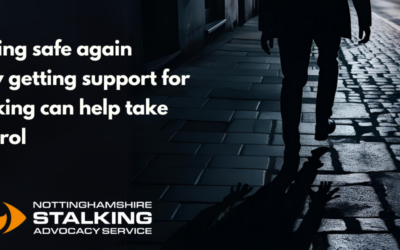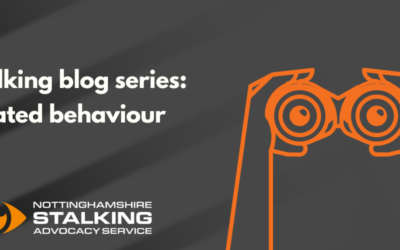Relationships should make us feel safe and secure: your ‘Right to Ask’
You shouldn’t feel afraid of your partner or family. Nothing they’re going through or anything you have done is an excuse for hurting you or making you feel afraid. If someone is attempting to control, isolate, manipulate or pressure another person this could be domestic abuse.
Domestic abuse can happen to anyone, of any gender, sexuality, race, ability or religion. It can happen between family members as well as in romantic relationships. Everyone has the right to relationships that are free from abuse, and anyone can use their Right to Ask to help keep themself, or someone else, safe.
What is the ‘Right to Ask’?
The ‘Right to Ask’ gives anyone a right to ask the police if someone has an abusive past. If you’re concerned that you may be at risk of harm from a current or ex-partner, you can apply for information about them. The ‘Right to Ask’ can show if you may be at risk from someone and allow you to make informed decisions about your relationship.
Concerned friends, family members and professionals can also use the scheme if they’re worried about someone.
The ‘Right to Ask’ is part of the Domestic Violence Disclosure Scheme (DVDS). This scheme recognises that most perpetrators of domestic abuse are repeat offenders and that everyone has a right to know if they’re in a relationship with someone who may pose a risk.
The intention of sharing information under the scheme is to allow individuals to make informed decisions about their relationships and help keep them safe from harm.
What happens when you use your ‘Right to Ask’?
The police will check to see if that person has a record of domestic abuse. They will also look for any other information that suggests they pose a risk of abusive behaviour. If the police find anything concerning, they will share this with the person who is at risk of abuse. In some situations, they may share the information with someone who can protect that person. No hard copies of information will be shared. Information disclosed is for safeguarding only and not for used in court proceedings.
How to use the scheme
Step 1 – Initial enquiry. You can do this with support from a Domestic Violence Disclosure Scheme (DVDS) Specialist, or directly with the police. You’ll be asked to give your name, address and date of birth.
There are three ways you can do this
- Get specialist advice and support with your application:
- Support for men – call Equation on 0800 995 6999 or email helpline@equation.org.uk
- Support for women – call the Nottinghamshire 24 hour Domestic Violence Helpline on 0808 800 0340
- LGBTQ+ survivors – call whichever you feel is most appropriate
- Complete the application form
- Contact the police by calling 101 to make an enquiry over the phone, or textphone 18001 101
Step 2 – Accepting your request. You will be contacted and asked to provide some form of ID and sign an agreement. This agreement outlines who any information will be shared with and what it can, and can’t, be used for.
Step 3 – Checks and Risk Assessment. The police will run checks and a risk assessment. If relevant information is found, they will meet with relevant agencies to discuss what information can be shared.
Step 4 – The outcome. You will be contacted with the outcome confirming if there is, or is not, any information to be shared. If checks show that the person has a record of abusive offences, the police may disclose this information if they feel it can prevent future crimes. If there is information which can’t be shared, the police will consider other ways to keep the person at risk protected.
If something feels off in your relationship, be safe, not sorry. Use your Right to Ask to keep yourself or someone else safe.
Campaign poster
Order our free poster to display in public areas.
Related blog posts
Feeling safe again – How getting support for stalking can help take control
Stalking blog series: Feeling safe again – How getting support for stalking can help take control Imagine receiving hundreds of messages and calls a day from someone you don’t want to hear from. Imagine being followed in public, stalked online, and threatened...
Stalking blog series: Fixated behaviour
Stalking blog series: Fixated behaviour Stalking is more than just unwanted attention - it’s a pattern of unwanted attention and harassment that makes someone feel scared and threatened and it affects many people. Stalking is behaviour that is fixated,...
Why awareness of additional barriers is key to supporting domestic abuse survivors
Why awareness of additional barriers is key to supporting domestic abuse survivors In this blog, we’re taking a look at why domestic abuse survivors with specific, additional barriers often remain ‘hidden’ and how we can better support them. While domestic...




